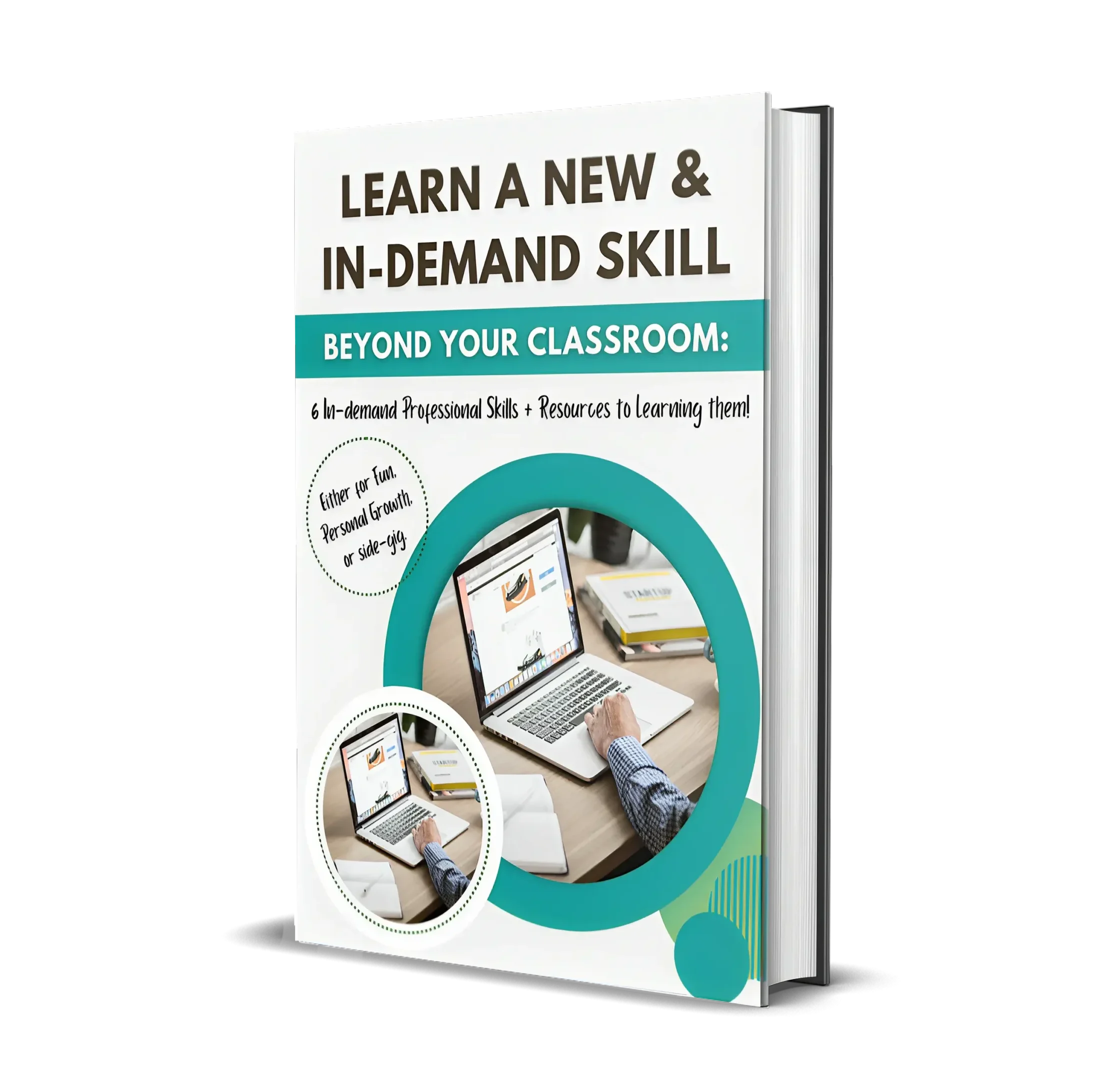
Want to balance your academics with life but have no idea how to succeed at it? If yes, make sure you read this article until the end, you’ll love this guide.
I have been a student myself and I know balancing academics with life can be a challenging task, given that academics tend to take up a big chunk of your daily activities, leaving you with little-to-no time for other things that have equal priority in your life.
To optimize functioning and find a balance between work and life, it is important to understand what takes a front seat in your life. As a student, it is only natural for you to prioritize your studies and projects, but it definitely comes at a cost, given that the amount of mental and physical investment required is large.
A student often plays multiple roles in their life – a friend, a mentee, a classmate, a partner and a classmate, and what can really add to the pressure is the need to play all these roles to perfection. It can be a really confusing and hectic stage in your life, where you may not be able to juggle everything and make it work!
Prioritizing one thing primarily can impact your other activities; for example, when you put your studies ahead, it may impact your health and relationships, where you may not be able to devote the time you need to these make-or-break factors of your life.
Taking all of this into account, here are some best tips for balancing your academics with life…
How to balance academics with life?
1. Create a schedule:

This is the first and most important step. Create a schedule that contains all your academic commitments, such as classes, projects, meetings, assignments, and exams, and also add your personal commitments, such as social activities, hobbies, and exercise.
Allot your time slots to your commitments and check for overlaps and activities that are consuming extra time and that could use lesser time. One best way to accomplish this is by making a to-do list after waking up in the morning. Just write down everything that you have to accomplish today with the timing and follow it throughout the day.
This way, you will be able to manage your time effectively and ensure you have time for academics and your personal life.
2. Avoid procrastination:

Procrastination can lead to delays and produce obstacles as you go on about your daily business and can cause hurdles in your academic success. Set deadlines for yourself and work on your assignments to avoid working at the 11th hour, which can cause stress and anxiety.
Knowing how to prioritize your tasks based on their urgency can take off half the load it causes on you.
3. Learn time management:

Time management is a key component to balancing your academics and life. It is one of the important skills to learn that will always come in handy as you progress through your school and career.
There are lots of paid and free online courses available that teach you how to manage your time effectively but after all that you only can manage your time better and if you want to really do it, then you have to also take action.
You can follow my 4 tips that work great to manage your time effectively…
- Breaking large tasks into smaller components.
- Delegating tasks and setting goals and deadlines for projects.
- Assessing the amount of time that you spend while not working.
- Make a to-do list before you start your work.
4. Practice self-care:

One of the most advised ways to balance your life is to look after yourself and practice self-care. This is essential for maintaining your physical and mental health while being caught up with a bunch of things to do.
You can prioritize activities that make you feel calm and relaxed and help you de-stress, like meditation, yoga, reading a book (non-academic), playing sports, watching movies, or listening to music.
Another way to practice self-care is to know your limits – know how much you have on your plate and let go of things that do not matter at the moment. Cut back on commitments that are adding stress to your life and identify when you need to take a break.
When you have hit a wall while reading an essay or while writing notes, allow yourself to take a breather by going for a walk or eating something!
5. Have a social life:

One of the things that can de-stress you, unlike anything else, is having a social life and spending time with your friends and family. Blowing off some steam with people you like being around can really de-stress you and prepare you for your work and studies.
As a student, while it is important to ace your work and get good grades, it is equally important to make some good friends and meet new people to network better.
One of the best ways to make new friends is to reach out to people in your student housing, where you get to interact with fellow students
6. Work smart, not hard:

Understand and compartmentalize your tasks based on priority, importance, and amount of time consumed. Find different ways to make your work more efficient by prioritizing the right things at the right time.
Refer to the Eisenhower Matrix for better understanding and implementation. Channelize all your efforts into what is needed at the right time. Make use of your resources as much as possible!
If you want to study smart rather than hard, you may follow some most effective study techniques, available today.
7. Choose subjects of your liking:

Before enrolling for a course at university, it is important to understand which topics you are interested in learning and are good at, and only then will you be able to learn them efficiently.
When you have the option to choose your subjects and modules, make sure you choose a combination that will not exhaust you mentally and that matches your capabilities. For example, if you want to learn to hack, you may consider learning Cybersecurity and trying a StationX VIP membership.
If you end up choosing subjects that you do not understand for the sake of exploring, you’ll find it boring while studying and it may cause a lot of trouble in the future in terms of managing your time and balancing academics with life.
I remember when I was admission to the Aircraft Maintenance Engineering course, soon I realized this was not the field that I was interested in so I dropped out of college to follow my passion for blogging.
So don’t repeat my mistake. Make sure to always choose the course and subjects that you’re interested in.
8. Reward Yourself!

You should absolutely look out for yourself and reward yourself for finishing difficult tasks, assignments, and exams and achieving personal goals so that you recognize the effort you put in!
The reward can be in any form – your favorite meal or any study gadgets you have been waiting to purchase! This way, the reward works as motivational quotes for you to finish up your tasks and also helps you achieve your goals quickly.
Conclusion:
University students do not have it easy at all managing their time, living in a new environment in student accommodation, trying to make new friends and meeting new people, and having to face social anxiety, it can all be very overwhelming!
With that, having to balance academics and life is another added pressure that you can only navigate as you go through your university life.
We hope this article will help you find a balance between all avenues of your student journey. More than merely surviving in such an environment, it is important to thrive and experience every second of it.
Your student experience is what you make of it, and it can only happen when you adopt and implement all the pointers mentioned above. So relax, take a deep breath and enjoy this phase of your life to the fullest!
If you have any queries related to your academic and life please don’t hesitate to ask me, I’d love to help you.
Amber and you:
This article is written by Madhura Ballal and we published it in collaboration with Amberstudent.
(Amberstudent is an online student accommodation that helps you secure a home of choice on your study abroad journey. Having served 80 million students (and counting), AmberStudent is your one-stop shop for all your accommodation needs, with great choices for international student housing. Amber helps with assistance, booking, and price match guarantees!)

The article is very knowledgeable. It suggests strategies such as using a planner, breaking up tasks into smaller pieces, and taking breaks when needed. which will help students a lot for their learning style.
Thank you, Sonali. I’m glad you found the article useful for students 🙂